Symposium Speakers
We are thrilled to welcome a diverse group of speakers representing different specialties, backgrounds, companies, and universities.
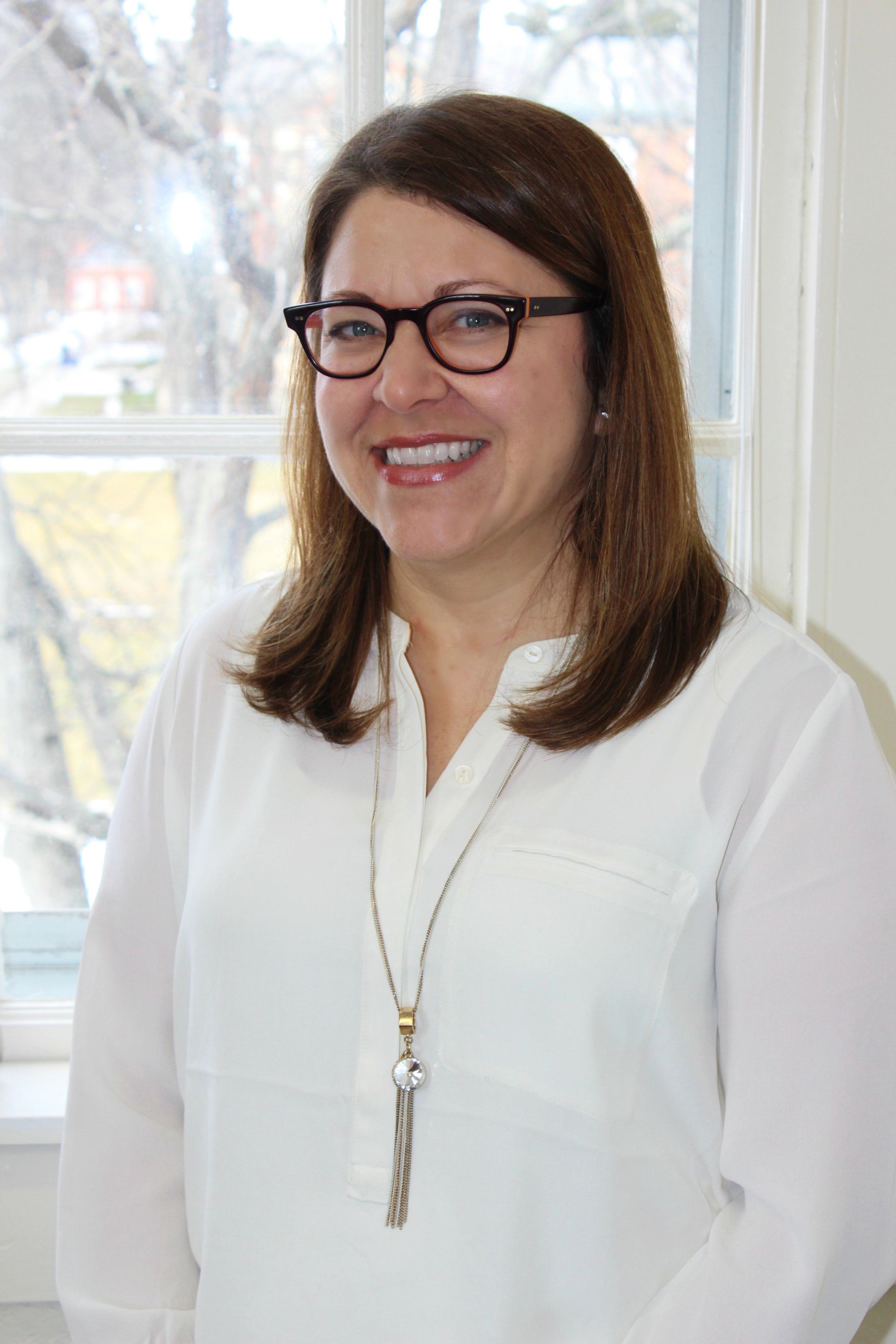 Melanie Sinche currently serves as the Director of the Career Development Center and Executive Director of the Women’s Leadership Center at the University of Saint Joseph (USJ) in West Hartford, Connecticut, where she works with university undergraduate and graduate students to achieve their career goals. Prior to joining USJ, she served as Director of Education at The Jackson Laboratory for Genomic Medicine in Farmington, CT, developing programs for undergraduates, graduate students, and postdoctoral scholars in genomic education and assisting scientists with career transitions. Melanie is the author of Next Gen PhD: A Guide to Career Paths in Science, published by Harvard University Press in August 2016. While working on Next Gen PhD, she served as a Senior Research Associate in the Labor and Worklife Program at the Harvard Law School, where she conducted survey research on careers for PhDs in science. She was also the Founding Director of the FAS Office of Postdoctoral Affairs at Harvard University, held the same position at the University of North Carolina at Chapel Hill, and served as a consultant to the National Institutes of Health in building the first NIH Career Center for over 9,000 intramural trainees. Melanie received her Bachelor's degree from Colgate University, and graduate degrees from the University of Michigan and North Carolina State University. She is a National Certified Counselor with a career development focus.
Melanie Sinche currently serves as the Director of the Career Development Center and Executive Director of the Women’s Leadership Center at the University of Saint Joseph (USJ) in West Hartford, Connecticut, where she works with university undergraduate and graduate students to achieve their career goals. Prior to joining USJ, she served as Director of Education at The Jackson Laboratory for Genomic Medicine in Farmington, CT, developing programs for undergraduates, graduate students, and postdoctoral scholars in genomic education and assisting scientists with career transitions. Melanie is the author of Next Gen PhD: A Guide to Career Paths in Science, published by Harvard University Press in August 2016. While working on Next Gen PhD, she served as a Senior Research Associate in the Labor and Worklife Program at the Harvard Law School, where she conducted survey research on careers for PhDs in science. She was also the Founding Director of the FAS Office of Postdoctoral Affairs at Harvard University, held the same position at the University of North Carolina at Chapel Hill, and served as a consultant to the National Institutes of Health in building the first NIH Career Center for over 9,000 intramural trainees. Melanie received her Bachelor's degree from Colgate University, and graduate degrees from the University of Michigan and North Carolina State University. She is a National Certified Counselor with a career development focus.
 Maria Paula Alfaro, PhD, is a clinical laboratory director within the Institute for Genomic Medicine. She is certified in Clinical Molecular Genetics by the American Board of Medical Genetics and Genomics. She completed her fellowship training at Vanderbilt University Medical Center in Nashville, TN. She then directed the molecular genetic pathology and metabolic genetics laboratories at Arkansas Children’s Hospital, while collaborating with the Division of Genetics of the University of Arkansas for Medical Sciences in Little Rock, AR. Dr. Alfaro is proficient on the technical and clinical aspects of the molecular diagnostic laboratory. Her interests include the genetic/genomic characteristics of patients with developmental delay, congenital anomalies, and/or seizures as well as pharmacogenetics and its possible impact on personalized medicine. While at Nationwide Children’s Hospital, she has been involved in very large volume case sign-out as her primary role. She has been designated Molecular Pathology director for the College of American Pathologists and thus oversees all protocol and policies for this section of the lab. She led validation studies to include Fragile X genotyping as part of the testing menu. She engages in ongoing efforts to validate new assays to better serve NCH patients and the broader community.
Maria Paula Alfaro, PhD, is a clinical laboratory director within the Institute for Genomic Medicine. She is certified in Clinical Molecular Genetics by the American Board of Medical Genetics and Genomics. She completed her fellowship training at Vanderbilt University Medical Center in Nashville, TN. She then directed the molecular genetic pathology and metabolic genetics laboratories at Arkansas Children’s Hospital, while collaborating with the Division of Genetics of the University of Arkansas for Medical Sciences in Little Rock, AR. Dr. Alfaro is proficient on the technical and clinical aspects of the molecular diagnostic laboratory. Her interests include the genetic/genomic characteristics of patients with developmental delay, congenital anomalies, and/or seizures as well as pharmacogenetics and its possible impact on personalized medicine. While at Nationwide Children’s Hospital, she has been involved in very large volume case sign-out as her primary role. She has been designated Molecular Pathology director for the College of American Pathologists and thus oversees all protocol and policies for this section of the lab. She led validation studies to include Fragile X genotyping as part of the testing menu. She engages in ongoing efforts to validate new assays to better serve NCH patients and the broader community.
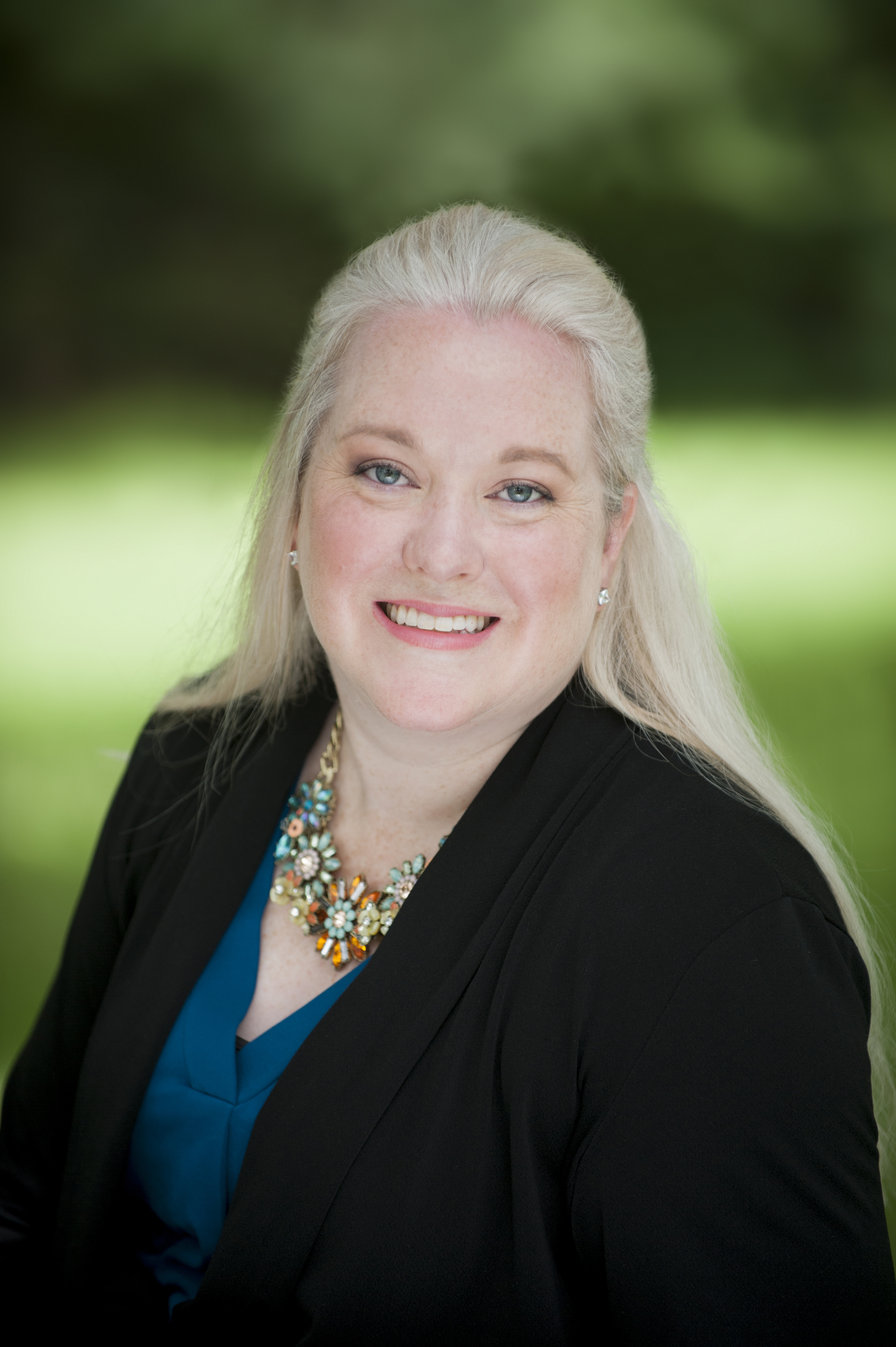 Melody Davis, PhD enjoys educating adult audiences and has implemented and optimized Medical Affairs training across diverse areas. Melody has a PhD in Microbiology & Immunology from Vanderbilt University and a certificate in Instructional Design from the University of Washington. Melody has received numerous awards for leadership in teamwork in the Medical Affairs arena. Melody works collaboratively with stakeholders on iterative needs assessments to establish a training department to meet both current and future development needs. Dr. Davis pulls from her years in the field working with HCPs to inform her views and tactics. Scenario based training is used to derive context and relevance to the material - whether it is dry therapeutic area content, a new operational directive, or how to use an internal expense program. In addition to the field team, Melody designs and deploys training for the field management team focusing on areas for enhanced management and leadership skills.
Melody Davis, PhD enjoys educating adult audiences and has implemented and optimized Medical Affairs training across diverse areas. Melody has a PhD in Microbiology & Immunology from Vanderbilt University and a certificate in Instructional Design from the University of Washington. Melody has received numerous awards for leadership in teamwork in the Medical Affairs arena. Melody works collaboratively with stakeholders on iterative needs assessments to establish a training department to meet both current and future development needs. Dr. Davis pulls from her years in the field working with HCPs to inform her views and tactics. Scenario based training is used to derive context and relevance to the material - whether it is dry therapeutic area content, a new operational directive, or how to use an internal expense program. In addition to the field team, Melody designs and deploys training for the field management team focusing on areas for enhanced management and leadership skills.
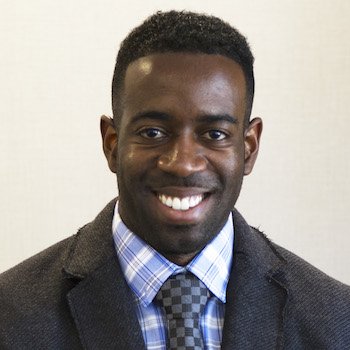 Odaine Gordon, PhD, is a graduate of the Pharmacology Program at Vanderbilt University. He has worked in the biopharma industry for the last 5 years as a R&D scientist in the area of drug metabolism and pharmacokinetics (DMPK). He is currently working as a Senior Scientist at Pharmacyclics (an AbbVie company) based in Silicon Valley, California.
Odaine Gordon, PhD, is a graduate of the Pharmacology Program at Vanderbilt University. He has worked in the biopharma industry for the last 5 years as a R&D scientist in the area of drug metabolism and pharmacokinetics (DMPK). He is currently working as a Senior Scientist at Pharmacyclics (an AbbVie company) based in Silicon Valley, California.
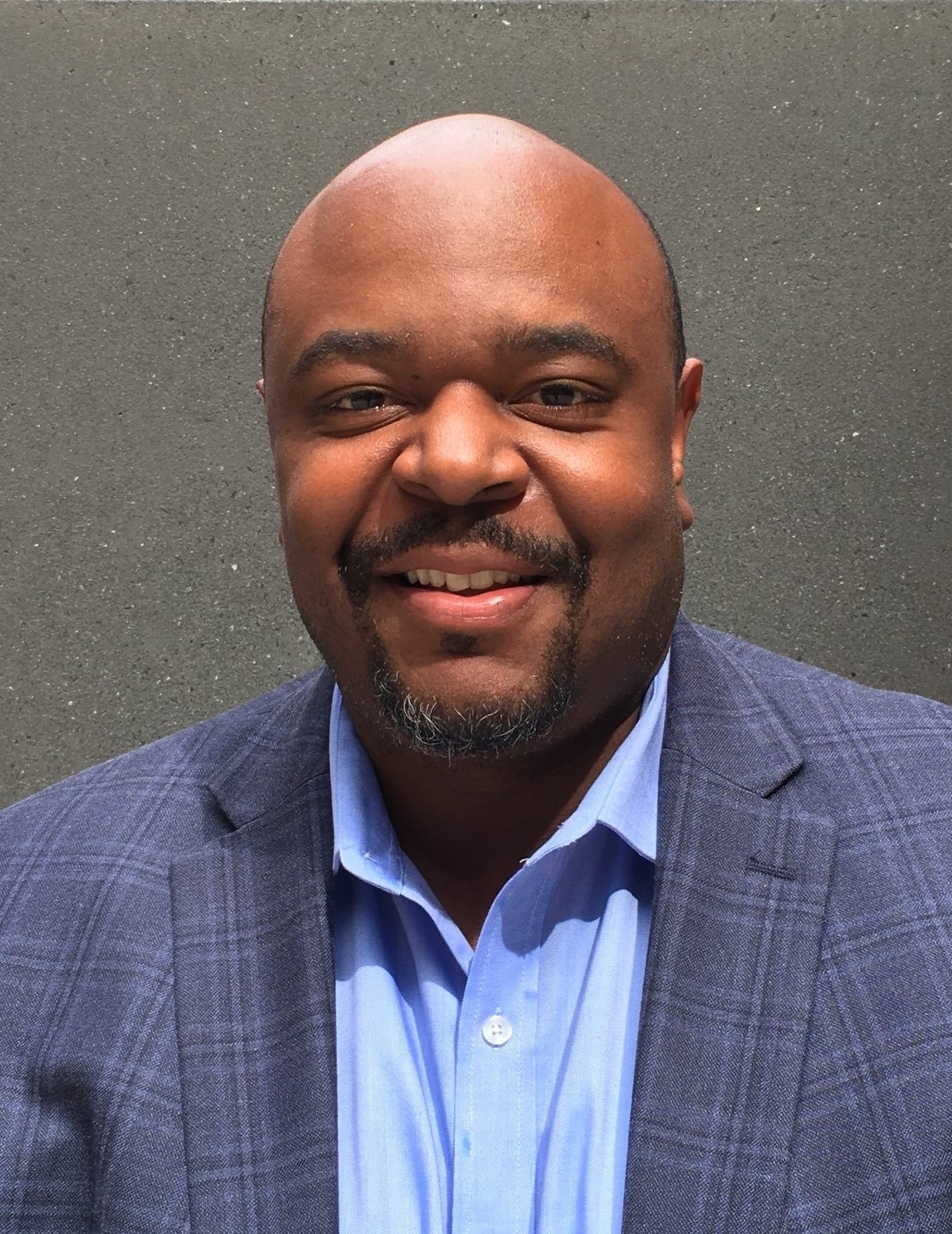 Dr. Chad R. Jackson is committed to transforming ideas into technological solutions. Currently, he provides subject matter expertise to DARPA’s Biological Technologies Office covering topics that span infectious disease, synthetic biology, neurotechnology, and human performance. Dr. Jackson has over 20 years of research and development experience in biomedical sciences and is a champion for international science policy engagement, innovation ecosystem development, and entrepreneurship as a means to economic development and national security. Prior to supporting DARPA, he lead establishment efforts for the Laboratory University Collaboration Initiative for Office of the Secretary of Defense’s Basic Research Office. He also served as a Senior Science Advisor to the Defense Threat Reduction Agency’s Advanced and Emerging Threat Division – an organization focused on enabling the DoD and the U.S. Government to prepare for and combat weapons of mass destruction and improvised threats and to ensure nuclear deterrence. Dr. Jackson previously served at U.S. Department of State as the Emerging Technologies and Innovation Officer for the Science and Technology Advisor to the Secretary of State where he tracked emerging and transformational technologies impacting political and economic landscapes. Dr. Jackson’s academic research career focused on delineating the influence of light on retinal physiology and overall vision. At Vanderbilt University, he worked with Professor Douglas McMahon on efforts to advance the understanding of the link between seasonal changes in retinal function and mood disorders. He received his Ph.D. degree in Molecular and Systems Pharmacology from Emory University (Atlanta, GA), and a Bachelors of Arts in Biochemistry from Earlham College (Richmond, IN).
Dr. Chad R. Jackson is committed to transforming ideas into technological solutions. Currently, he provides subject matter expertise to DARPA’s Biological Technologies Office covering topics that span infectious disease, synthetic biology, neurotechnology, and human performance. Dr. Jackson has over 20 years of research and development experience in biomedical sciences and is a champion for international science policy engagement, innovation ecosystem development, and entrepreneurship as a means to economic development and national security. Prior to supporting DARPA, he lead establishment efforts for the Laboratory University Collaboration Initiative for Office of the Secretary of Defense’s Basic Research Office. He also served as a Senior Science Advisor to the Defense Threat Reduction Agency’s Advanced and Emerging Threat Division – an organization focused on enabling the DoD and the U.S. Government to prepare for and combat weapons of mass destruction and improvised threats and to ensure nuclear deterrence. Dr. Jackson previously served at U.S. Department of State as the Emerging Technologies and Innovation Officer for the Science and Technology Advisor to the Secretary of State where he tracked emerging and transformational technologies impacting political and economic landscapes. Dr. Jackson’s academic research career focused on delineating the influence of light on retinal physiology and overall vision. At Vanderbilt University, he worked with Professor Douglas McMahon on efforts to advance the understanding of the link between seasonal changes in retinal function and mood disorders. He received his Ph.D. degree in Molecular and Systems Pharmacology from Emory University (Atlanta, GA), and a Bachelors of Arts in Biochemistry from Earlham College (Richmond, IN).
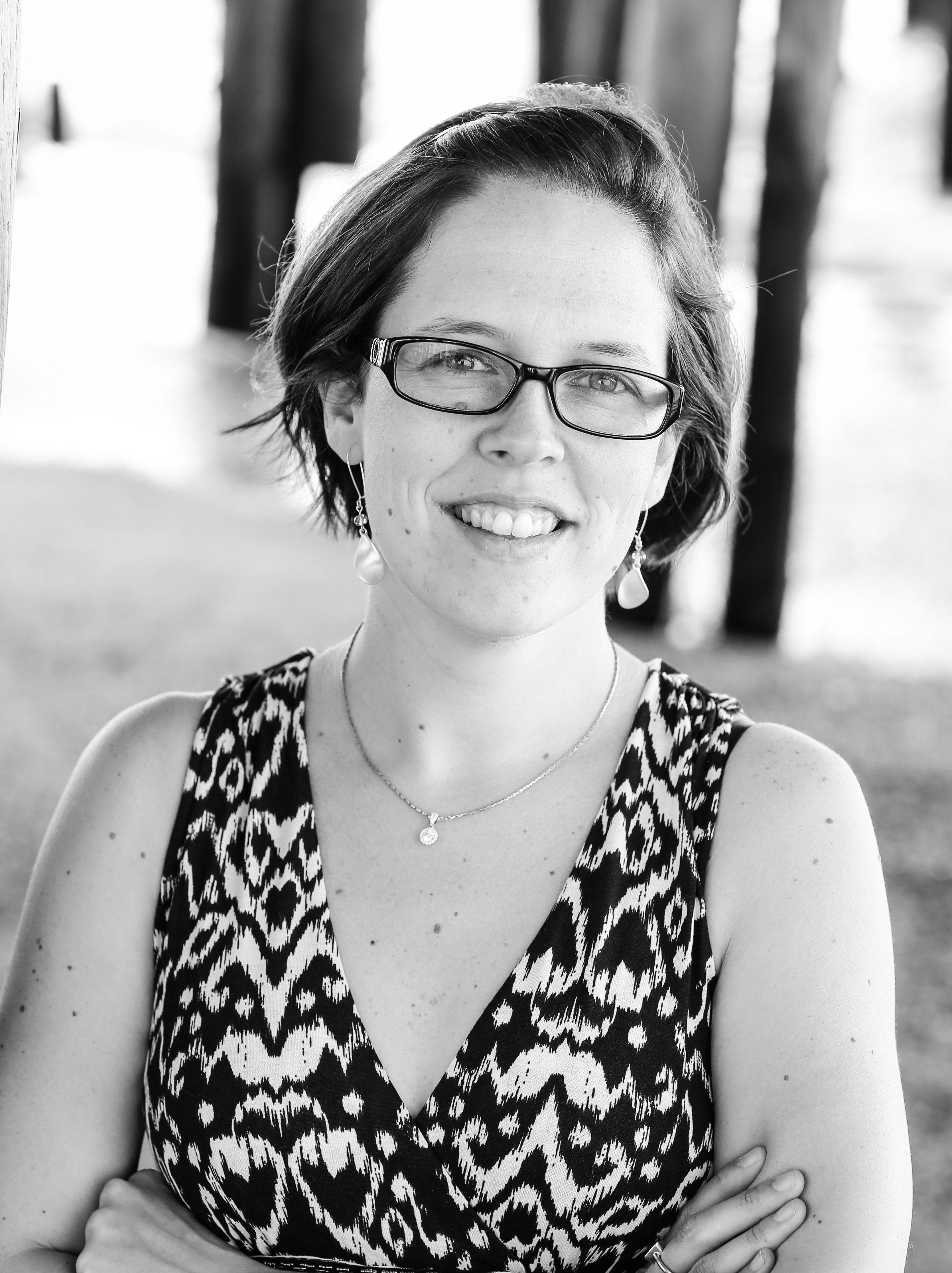 Lindsay Marjoram majored in biology and minored in Spanish at Muhlenberg College (Allentown, PA) where she was also a staff member of the Writing Center. Immediately following college, she attended Vanderbilt University where she joined Chris Wright’s lab in the Department of Cell & Developmental Biology and received her Ph.D. in 2010. Dr. Marjoram completed a post-doctoral fellowship at Duke University, where she studied the intersection of inflammation and epigenetics in zebrafish. Following her post-doctoral fellowship, Lindsay took a position at Affinergy, LLC in Research Triangle Park, NC, where she is responsible for developing novel applications for our core competency, phage display biopanning. To support these expansions, Lindsay obtains external funding for these new product applications through writing for and receiving grants from the NIH small business program.
Lindsay Marjoram majored in biology and minored in Spanish at Muhlenberg College (Allentown, PA) where she was also a staff member of the Writing Center. Immediately following college, she attended Vanderbilt University where she joined Chris Wright’s lab in the Department of Cell & Developmental Biology and received her Ph.D. in 2010. Dr. Marjoram completed a post-doctoral fellowship at Duke University, where she studied the intersection of inflammation and epigenetics in zebrafish. Following her post-doctoral fellowship, Lindsay took a position at Affinergy, LLC in Research Triangle Park, NC, where she is responsible for developing novel applications for our core competency, phage display biopanning. To support these expansions, Lindsay obtains external funding for these new product applications through writing for and receiving grants from the NIH small business program.
 Dr. Sánchez majored in Cell and Molecular Biology at The University of Texas at Austin. In the fall of 2005, Dr. Sánchez was admitted into the Interdisciplinary Graduate Program (IGP) at Vanderbilt University, and later the Pharmacology Graduate program, where she completed her dissertation in 2011 on “The role of the type III TGF-beta receptor in coronary vessel development” under the mentorship of Joey Barnett, PhD. Her interest in translational and clinical research, led her to a 3 year, specialized post-doctoral fellowship at MD Anderson (TRIUMPH: (Translational Research in Multi-Disciplinary Program). The TRIUMPH fellowship aimed to provide training in clinical and/or translational cancer research through didactic course work, clinical rotations, and interdisciplinary mentorships. In addition, it introduced fellows to Institutional Review Boards (IRB’s), design and of clinical trials, Code of Federal Regulations (CFR) in relation to human subjects’ protection, Investigational New Drugs (IND’s), among others. In parallel, Dr. Sánchez led a translational research project developing a platform for context-specific, functional genomic screens to identify and validate novel therapeutic targets in pancreatic cancer. At the end of the fellowship, Dr. Sánchez joined the Institute for Personalized Cancer Therapy (IPCT) as a Precision Oncology Scientist where her primary responsibilities entailed planning, designing, and delivering software requirements to support the creation and maintenance of a clinical decision support informatics platform. In addition to this primary role, she led a collaborative project between Guardant Health and IPCT to establish the utility of cfDNA testing in patients with advanced and/or non-biopsable cancers, and contributed as a subject matter expert to MD Anderson Cancer Center's data governance committee on efforts to standardize and enhance the access and utility of clinical data. Several of these efforts led to lead and co-authored publications, including an invited review on precision oncology. Earlier this year, Dr. Sánchez joined Foundation Medicine, a pioneer in enabling clinical NGS testing for oncology patients. In her current role as a Data Product Manager, Real World Data Operations, Dr. Sánchez coordinates efforts of data scientists, database engineers, business associates, subject matter experts to create the first of its kind, clinico-genomics database, which combines NGS test results with real world clinical outcomes. In her spare time, Dr. Sánchez enjoys spending time with her family, her husband, 4-year old daughter, 2 cats, 4 dogs, and occasionally fostering additional critters.
Dr. Sánchez majored in Cell and Molecular Biology at The University of Texas at Austin. In the fall of 2005, Dr. Sánchez was admitted into the Interdisciplinary Graduate Program (IGP) at Vanderbilt University, and later the Pharmacology Graduate program, where she completed her dissertation in 2011 on “The role of the type III TGF-beta receptor in coronary vessel development” under the mentorship of Joey Barnett, PhD. Her interest in translational and clinical research, led her to a 3 year, specialized post-doctoral fellowship at MD Anderson (TRIUMPH: (Translational Research in Multi-Disciplinary Program). The TRIUMPH fellowship aimed to provide training in clinical and/or translational cancer research through didactic course work, clinical rotations, and interdisciplinary mentorships. In addition, it introduced fellows to Institutional Review Boards (IRB’s), design and of clinical trials, Code of Federal Regulations (CFR) in relation to human subjects’ protection, Investigational New Drugs (IND’s), among others. In parallel, Dr. Sánchez led a translational research project developing a platform for context-specific, functional genomic screens to identify and validate novel therapeutic targets in pancreatic cancer. At the end of the fellowship, Dr. Sánchez joined the Institute for Personalized Cancer Therapy (IPCT) as a Precision Oncology Scientist where her primary responsibilities entailed planning, designing, and delivering software requirements to support the creation and maintenance of a clinical decision support informatics platform. In addition to this primary role, she led a collaborative project between Guardant Health and IPCT to establish the utility of cfDNA testing in patients with advanced and/or non-biopsable cancers, and contributed as a subject matter expert to MD Anderson Cancer Center's data governance committee on efforts to standardize and enhance the access and utility of clinical data. Several of these efforts led to lead and co-authored publications, including an invited review on precision oncology. Earlier this year, Dr. Sánchez joined Foundation Medicine, a pioneer in enabling clinical NGS testing for oncology patients. In her current role as a Data Product Manager, Real World Data Operations, Dr. Sánchez coordinates efforts of data scientists, database engineers, business associates, subject matter experts to create the first of its kind, clinico-genomics database, which combines NGS test results with real world clinical outcomes. In her spare time, Dr. Sánchez enjoys spending time with her family, her husband, 4-year old daughter, 2 cats, 4 dogs, and occasionally fostering additional critters.
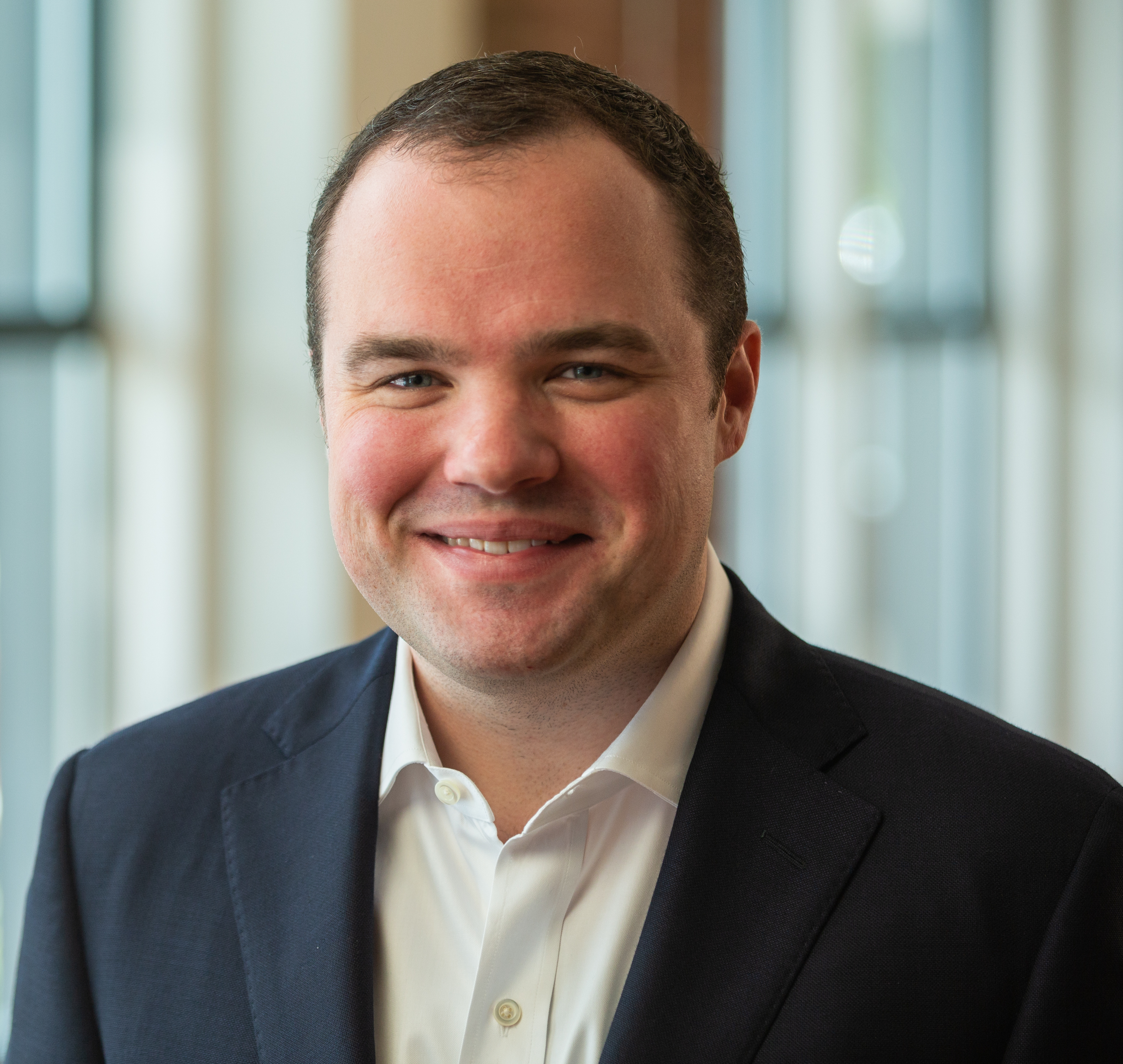 Chase Spurlock, PhD, is Founder and CEO of IQuity, a Nashville-based data analytics company that works with stakeholders to lower the cost of healthcare and improve outcomes by finding and fixing addressable autoimmune disease risk. Dr. Spurlock is a Phi Beta Kappa graduate of The University of the South and received his PhD in immunology from Vanderbilt, where he also serves on the faculty. His work in genomics and data science has been featured in peer-reviewed journals and widely published in trade journals and healthcare media outlets. He is also an industry innovator listed on the Nashville Business Journal ’40 under 40’ list and Nashville Medical News InCharge.
Chase Spurlock, PhD, is Founder and CEO of IQuity, a Nashville-based data analytics company that works with stakeholders to lower the cost of healthcare and improve outcomes by finding and fixing addressable autoimmune disease risk. Dr. Spurlock is a Phi Beta Kappa graduate of The University of the South and received his PhD in immunology from Vanderbilt, where he also serves on the faculty. His work in genomics and data science has been featured in peer-reviewed journals and widely published in trade journals and healthcare media outlets. He is also an industry innovator listed on the Nashville Business Journal ’40 under 40’ list and Nashville Medical News InCharge.
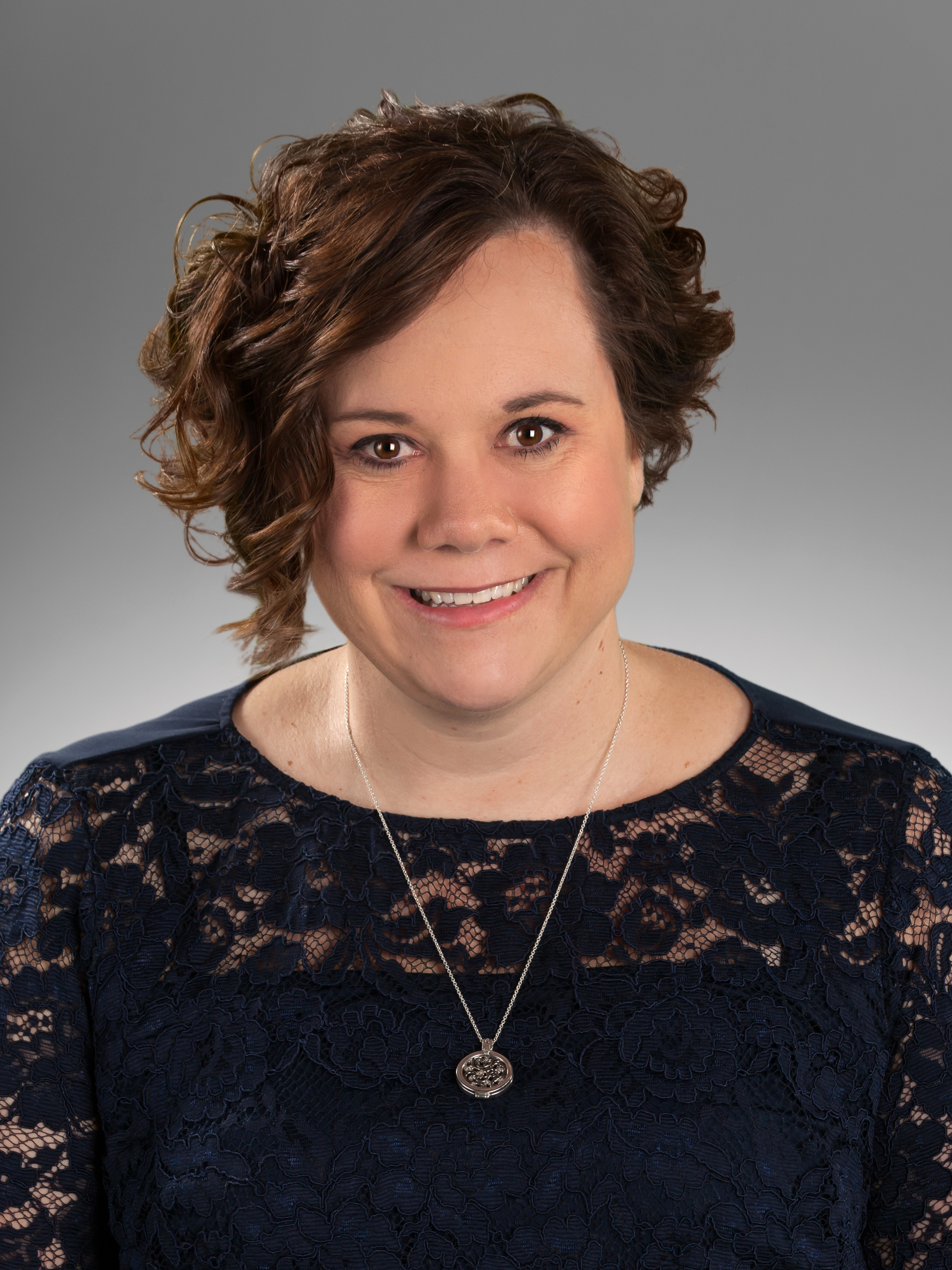 Dr. Jill Weimer is a developmental neuroscientist and oversees the management and continued development of the translational arm of Sanford Research in Sioux Falls, South Dakota. She started at Sanford Research in 2009 as an assistant scientist, and her research program focuses on the molecular mechanisms mediating development of the cerebral cortex and how disruption in these processes can lead to a whole host of neural pediatric disorders, including Batten’s disease and Neurofibromatosis Type 1. Dr. Weimer grew up in north central Missouri and moved to upstate New York where she received her bachelor’s degree and Ph.D. in neuroscience from the University of Rochester. She completed her postdoctoral training in the Neuroscience Research Center at the University of North Carolina in Chapel Hill with a focus on developmental neuroscience.
Dr. Jill Weimer is a developmental neuroscientist and oversees the management and continued development of the translational arm of Sanford Research in Sioux Falls, South Dakota. She started at Sanford Research in 2009 as an assistant scientist, and her research program focuses on the molecular mechanisms mediating development of the cerebral cortex and how disruption in these processes can lead to a whole host of neural pediatric disorders, including Batten’s disease and Neurofibromatosis Type 1. Dr. Weimer grew up in north central Missouri and moved to upstate New York where she received her bachelor’s degree and Ph.D. in neuroscience from the University of Rochester. She completed her postdoctoral training in the Neuroscience Research Center at the University of North Carolina in Chapel Hill with a focus on developmental neuroscience.